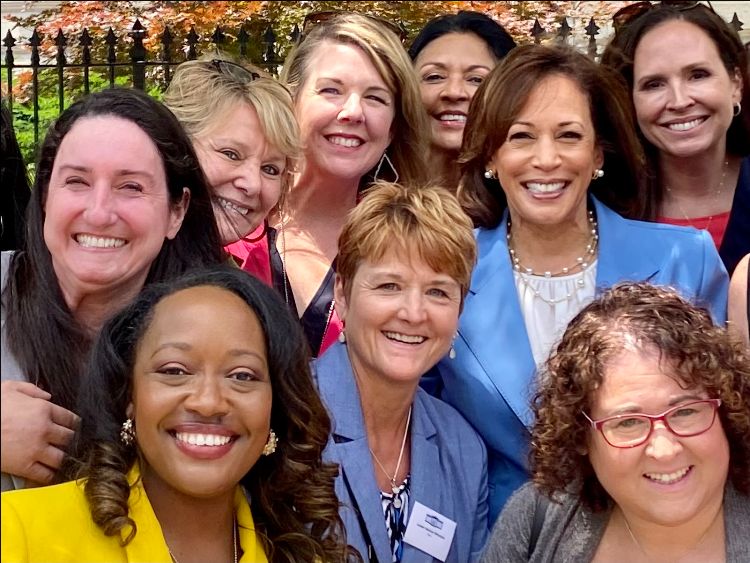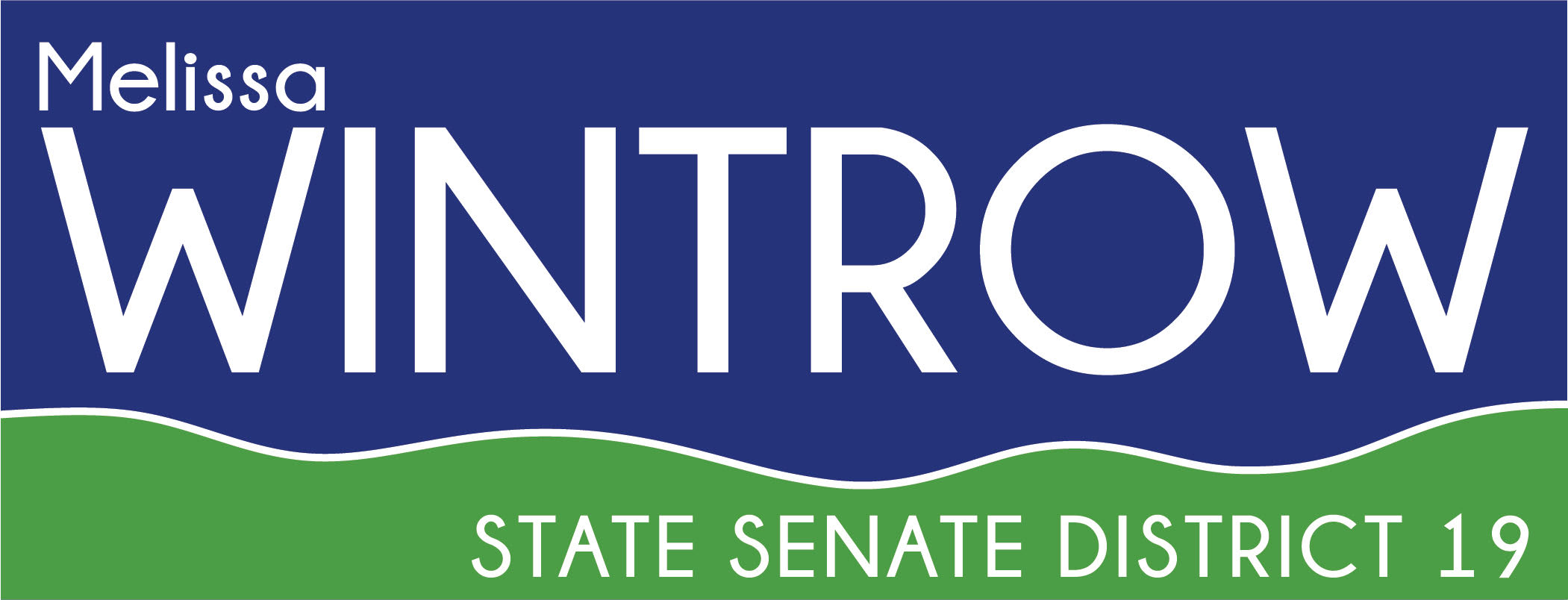On June 14 and 15, 2023, the White House convened more than 80 state legislators from 41 states who are on the frontlines of the fight for reproductive rights. Vice President Harris joined the convening to address us, building off of her meetings with more than 250 state legislators from 28 states over the past year to discuss their efforts to protect access to abortion.
The unfortunate reality that was underscored as I spoke with legislators from other “red states” is that Idaho is the worst of the worst when it comes to enacting cruel abortion laws.

Lesson #1: We can never give up on restoring our fundamental rights, no matter how bad things seem right now. GOP politicians are woefully out of sync with public will on this issue. As a South Carolina legislator said at our meeting, “We must fight to protect our reproductive freedom until hell freezes over, and then we strap on skates and keep fighting!”
Lesson #2: We compared notes with legislators around the nation – Idaho is in fact the worst state in the country regarding reproductive rights. Here are some facts you should know:
- Many red states have 6 or 12 week abortion bans, but Idaho’s total ban with no health or fatal fetal anomaly exception puts us at the outer fringe of oppressive legislation.
- Idaho is the only state to make it a crime to transport a minor to have a legal abortion in another state.
- Idaho is the only state where doctors have been threatened with criminal penalties for simply telling patients they can get an abortion in another state.
- Idaho is the only state with a total abortion ban that does not provide 12 months of postpartum maternal Medicaid coverage.
- Idaho is the only state without a maternal mortality review committee. GOP legislators shut it down this year. Our outrageous abortion laws are likely to lead to more women’s deaths, and they apparently didn’t want a committee collecting that data.
- Since Roe was overturned last year, Idaho has seen two hospitals shut down labor and delivery services; we have lost almost half our fetal-maternal medicine specialists, and a survey showed that 73 of 117 ob-gyn doctors are considering leaving Idaho because of our abortion laws. No other legislators we talked to have seen such a drastic impact on healthcare access in their state.
Lesson #3: It is important to gather with supporters and people who are working towards the same goals. The fight for our freedoms will be a long battle, and we must find support, comfort and peace along the way to sustain ourselves for the long term.
Check out Rep Rubel and I as we spoke with KTVB’s 208 about our recent trip to The White House.
Pro-Voice Project – Share a Story and Share PVP with Others
What is the Pro-Voice Project: The Pro-Voice Project is a North Idaho-based organization dedicated to promoting empathy and education related to abortion and its role as an essential pillar of women’s reproductive health care. We utilize storytelling and community building to drive action for reproductive agency and access to care. It’s our belief that, if we generate an understanding of abortion on a human and legal level, we can change the conversation and, eventually, the laws.
The Power of Personal Narratives: Key to our efforts is the collection and sharing of personal stories related to reproductive healthcare—or, in today’s Idaho, a lack thereof. Personal narratives are powerful. They are a means of building empathy, bridging antagonism, and neutralizing shame and stigma. Each story is a seed that grows as it is retold, transforming both speaker and audience. Each story has the power to connect people and impel them to act, even if that action is simply the opening of their hearts.
There’s Even a Stage Production: Recognizing the power of storytelling, PVP founder and organizer Jen Jackson Quintano called for the collection of abortion stories in Sandpoint last fall. In January 2023, more than 200 people attended the first Pro-Voice Stage Production, where 15 of these stories were performed by local actors. There wasn’t a dry eye in the house. A moderated informational panel followed, answering audience members’ questions on Idaho’s reproductive rights landscape. The plan is for this performance to travel across the state, starting with Boise, Moscow, and Idaho Falls. However, we need more stories. We need our stage performances to reflect the diversity of experiences contained within Idaho’s borders. We need to tell the full story of our reproductive decisions and the felt impacts of losing agency over our bodies, our families and our futures.
Will you submit your story today? Or share this with a friend you may know? It can be the story of having an abortion, or one of deciding not to, but being grateful for the opportunity to choose. It can be the story of losing access to perinatal care due to the fallout of our anti-abortion laws. It can be the story of a difficult journey to pregnancy or birth, or the decision to never walk that path at all. What we need to prove, though, is that pregnancy is too complicated to legislate. There are too many stories—full of reasons, hopes and heartbreak—to be encompassed by laws.
Your story, once submitted, will be treated with dignity, and your identity will remain anonymous: Stories will be added to our online library and made available for sharing via stage productions and digital media. Your story will be that aforementioned seed. It may root in shared soils of empathy and openness. It may sprout as an agent of change, touching myriad lives as it unfurls and grows.
Visit their website, and follow the prompts to share your story. And thank you for being Pro-Voice.
Juneteenth Freedom Day
In 1865, federal troops arrived in Galveston, Texas to ensure that all enslaved people be freed – more than two years after the signing of the Emancipation Proclamation.
A federal holiday, this day observes the promise of freedom for all people in the United States. It is also a day to examine the sociological constructs—like the concept of “race”—that fuel the structural inequalities that Black Americans and other people of color still endure today.
Two books that I just finished reading are Caste by Isabel Wilkerson and The 1619 Project by Nikole Hannah-Jones, both providing a view of American History that is rarely discussed in classes. Accurate historical accounts are not anti-American as some fringe groups believe; they are essential in understanding the context of our present situation in order to solve problems and address structural racism. I just started An Indigenous Peoples’ History of the United States by Roxanna Dunbar-Ortiz, which is a thorough account of American History and the impacts of federal policy on indigenous people and other marginalized communities.
Juneteenth is an opportunity for all people in this country to observe, recognize, and reflect on the history and contributions of the Black experience in the United States. Let’s continue to rethink our origins and the relationships that we have to each other. Let’s dedicate ourselves in fighting structural inequalities and to lift up the truth in history.
